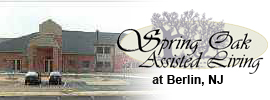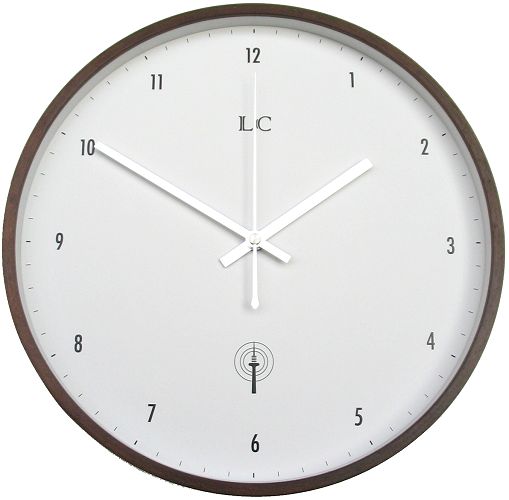Dementia – Early Stage
Definition
A collection of symptoms rather than a diagnosis characterized by progressive decline in
cognitive function involving memory loss and at least one other type of cognitive deficit
that leads to a significant inability to perform intellectual and social activities. Dementia
makes it hard for a person to remember, learn and communicate. After a while, this
makes it hard for the person to take care of himself or herself. Dementia may also change
a person's mood and personality. At first, memory loss and trouble thinking occurs. Later,
disruptive behavior and other problems may start.
Symptoms of Dementia
Increasing gradual memory loss
Changes in mood and personality (eg., anxiety/paranoia)
Problems with language
Disorientation of time and place
Impaired judgment
Unclear thinking/increasing difficulty in abstract thinking
Loss of interest/ Difficulty performing usual daily activities
The resident with dementia will have significantly impaired intellectual functioning that
interferes with normal activities and relationships.
Cause
Caregiver Tips
Provide reorientation
Provide care in gentle consistent manner
Reduce unnecessary activity and noise
Protect from wandering
Plan strategies to manage agitation/ anger/ aggress
Reducing unnecessary activity and noise (such as limiting the number of visitors and
turning off the television when it's not in use) may make it easier for the person to
understand requests and perform simple tasks. Confusion also may be reduced by
simplifying decorations, removing clutter, keeping familiar objects nearby, and following
a predictable routine throughout the day. Calendars and clocks also may help.








